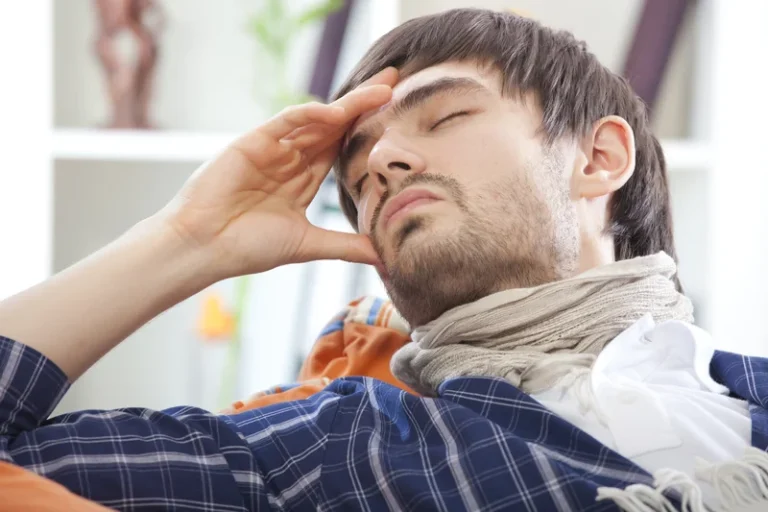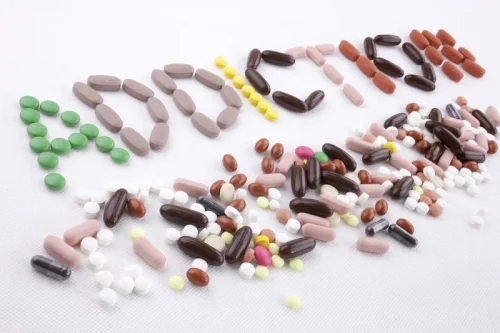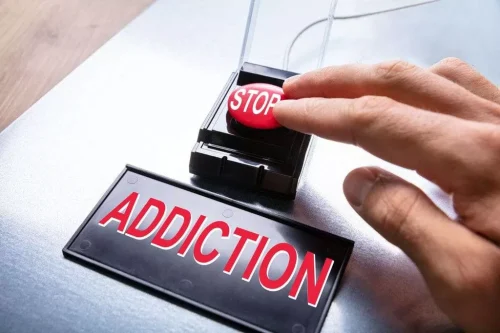
Generally, shakes begin 6 to 8 hours after the last drink, peaking around 24 to 48 hours afterward. However, depending on the severity of the dependency and individual factors, they can persist for several days. It’s important to note that the intensity and duration of symptoms can vary significantly from person to person. With excessive alcohol consumption, the brain adjusts to these effects.
- Because progressive muscle relaxation relaxes the mind and body, it can also be helpful as a sleep aid.
- Our therapists focus on personal development, allowing you to rebuild your life after alcohol abuse.
- Seek immediate medical attention if you notice any of the above symptoms, as they may signal a severe form of alcohol withdrawal like delirium tremens (DTs).
When to Seek Medical Attention
- Symptoms of ARBD and ARBI include minor changes in your ability to think or remember things.
- There is no way to know if you will experience alcohol tremors after drinking, but symptoms usually start around 6 hours after your last drink, which is good to keep in mind.
- Let’s take a closer look at what research has discovered about the benefits of this technique.
- Alcohol tremors are a response to alcohol withdrawal or alcohol use disorder/alcoholism.
- Participants who practiced three 20- to 30-minute sessions of PMR had significantly better sleep and less anxiety than those in the control group.
Professional assistance and ongoing support are often necessary to manage withdrawal symptoms effectively and address underlying issues. One of the visible signs of alcohol dependence is experiencing alcohol shakes, which commonly occur during withdrawal. For many individuals in this situation, undergoing alcohol detox is crucial to safely manage and overcome withdrawal symptoms. If you’re concerned that your tremors might be the result of withdrawal, it’s best to reach out to a healthcare professional.
How it feels
By targeting specific pressure points, acupuncture can stimulate the release of GABA, a neurotransmitter that promotes relaxation. Surrounding yourself with a strong support network is vital in the long-term recovery and management of alcohol tremors. This network can consist of friends, family, or support groups who understand the challenges one might face as a heavy drinker dealing with alcohol tremors. Support groups, in particular, offer a platform to share experiences and coping strategies, fostering a sense of community and accountability. Daily progressive muscle relaxation can help you to manage stress and maintain your mental and physical wellbeing. Stress and anxiety can increase the severity of alcohol withdrawal symptoms.

Progressive Muscle Relaxation: 10 Scripts for Effective PMR

Medication to manage insufficient sleep is often unsuitable for elite athletes due to concerns alcohol shakes regarding the World Anti-Doping Agency or the risk of adversely impacting performance.

Why does anxiety cause shaking?

lifestyle changes to help prevent anxiety tremors
- The lasting appeal of this successful relaxation technique is its recognition of the fundamental connection between the body and mind.
- For a list of covered benefits, please refer to your Evidence of Coverage or Summary Plan Description.
- If you opt for inpatient treatment, you’ll be monitored for hallucinations or other signs of delirium tremens.
- Your body needs to work through this withdrawal process, which requires no longer drinking alcohol at all.

- A little bit of shaking after drinking can feel unpleasant, but it usually isn’t anything to worry about it.
- PMR isn’t quite the lay-on-your-couch-and-binge-Netflix kind of relaxing.
- While shakes can begin 5 to 12 hours after the last drink and are fairly common, DTs typically begin 48 to 72 hours after the last drink and are relatively rare.
- The therapy is calibrated for your specific tremor and is part of an essential tremor treatment plan to help you manage symptoms.
- It’s designed to induce a deep state of physical and mental relaxation, so it can be particularly beneficial when dealing with stress, anxiety, or sleep issues.

 August 24, 2022
August 24, 2022 








